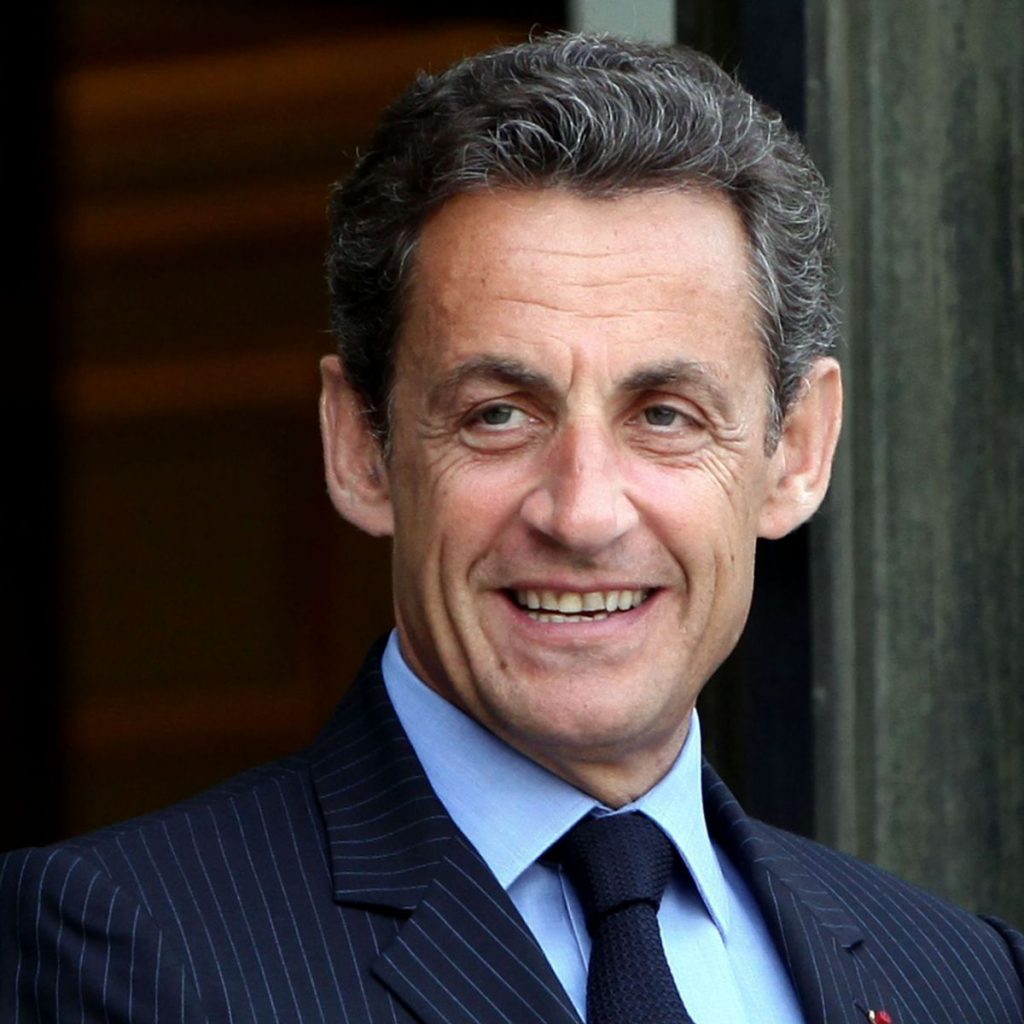Former French president Nicolas Sarkozy has been released from prison after a Paris Appeal Court ruled that he could serve the remainder of his sentence under strict judicial supervision at home.
The decision comes three weeks after Sarkozy entered La Santé prison in Paris, following his conviction for criminal conspiracy in connection with alleged campaign financing from the regime of Muammar Gaddafi.
Sarkozy, who led France between 2007 and 2012, was sentenced to five years in prison last month. Judges had initially ordered him to serve time behind bars due to the “exceptional gravity” of the conviction, despite his appeal against the verdict. His retrial is scheduled for next spring.
At Monday’s hearing, Sarkozy appeared by video link from prison, dressed in a navy blue suit and seated beside his lawyers. He described his time in confinement as “gruelling” and “a nightmare”, paying tribute to prison staff whom he said had shown “exceptional humanity”. He told the court: “I never imagined that at 70 years of age, I’d be in prison. It’s an ordeal that has been imposed on me. I confess it’s hard, it’s very hard. It leaves a mark on any prisoner because it’s gruelling.”
Under the terms of his release, Sarkozy will remain under close judicial control. He is forbidden from contacting officials from the justice ministry or others involved in the case, and he is banned from leaving France.
During his three weeks in La Santé, Sarkozy was held in solitary confinement for his own security. His cell measured around nine square metres and included a shower and toilet. Two bodyguards occupied a neighbouring cell to ensure his protection. Reports in the French press suggested that Sarkozy had eaten little beyond yoghurts, fearing his food might have been tampered with. Although he had facilities to cook, he reportedly refused to use them.
Sarkozy’s social media account last week posted a video showing piles of letters, postcards and packages sent to him by supporters. Some included books, chocolate bars and collages. His account declared: “No letter will go unanswered. The end of the story has not yet been written.”
The former president’s conviction centres on allegations that he sought campaign funding from Gaddafi’s regime for his successful 2007 presidential bid. Prosecutors accused him of entering into a “Faustian pact of corruption with one of the most unspeakable dictators of the last 30 years”. Sarkozy has consistently denied wrongdoing, insisting: “I never had any idea or intention to ask Mr Gaddafi for any kind of financing … I will never confess to something I didn’t do.”
Although acquitted of three separate charges of corruption, misuse of Libyan public funds and illegal campaign financing, Sarkozy faces a retrial on all counts after prosecutors appealed against the acquittals.
This case is the most serious of several legal battles Sarkozy has faced since leaving office. He has already been convicted in two separate cases and stripped of France’s highest honour, the Légion d’honneur. In one case, he became the first former French head of state to wear an electronic tag after being found guilty of corruption and influence peddling in attempts to secure favours from a judge. He served three months of a one‑year sentence with the tag before being granted conditional release.
Sarkozy’s imprisonment marked a historic moment: he is the first former leader of a European Union country to serve time in prison, and the first French postwar president to be incarcerated. His release to home confinement, however, ensures that he will remain under judicial scrutiny while awaiting his retrial.
For Sarkozy, the ordeal has been both personal and political. “It’s a nightmare,” he told the court. “But I will never confess to something I didn’t do.”



